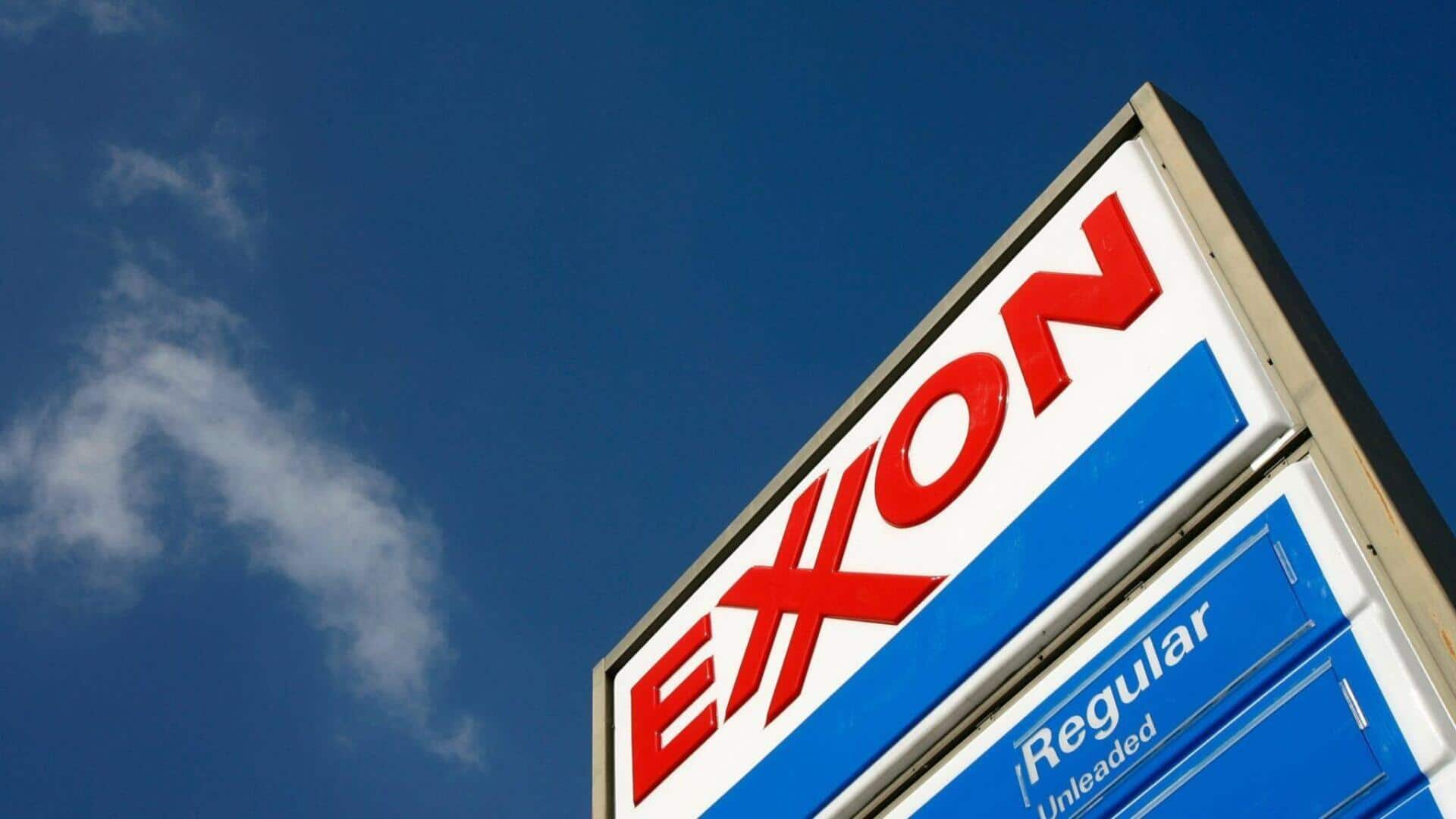
Exxon invents new graphite that boosts EV range by 30%
What's the story
ExxonMobil, the largest oil and gas company in the US, has announced a major breakthrough in electric vehicle (EV) battery technology. The company has developed a new form of synthetic graphite that could significantly improve battery performance. CEO Darren Woods called it a "revolutionary step change in battery performance" during his speech at the Energy Symposium at the University of Texas at Austin on Friday.
Technology impact
New synthetic graphite extends battery life by 30%
The new synthetic graphite is used in a battery's anode, the negative electrode that discharges electrons. "We've invented a new carbon molecule that will extend the life of the battery by 30%," Woods said at the symposium. This innovation could make EVs charge faster and travel longer on a single charge.
Company evolution
Exxon's history with lithium-ion batteries
Despite being criticized for its role in climate change and facing state lawsuits over allegedly misleading the public about fossil fuel risks, Exxon has long been researching and advancing fossil fuel alternatives. The company even invented the lithium-ion battery in the early 1970s. "We don't do wind and solar, we have no issues with wind and solar, but we don't have capability in that space," Woods said at the symposium.
Business strategy
Exxon optimistic about EV batteries as long-term investment opportunity
Exxon usually only pursues new projects if they are financially viable. In August, the company said it might delay a low-carbon hydrogen and ammonia project due to limited customer interest. However, Exxon is optimistic about EV batteries as a long-term investment opportunity. Despite recent dips in US EV sales, the company expects demand to rise over time.
Strategic move
Exxon to accelerate synthetic graphite production
This week, Exxon announced its acquisition of several production and tech assets from Chicago-based Superior Graphite. The company plans to ramp up production with commercial operations expected by 2029. Exxon said synthetic graphite production can be scaled up faster and more efficiently than mining while providing better quality graphite than what is currently available in the market.